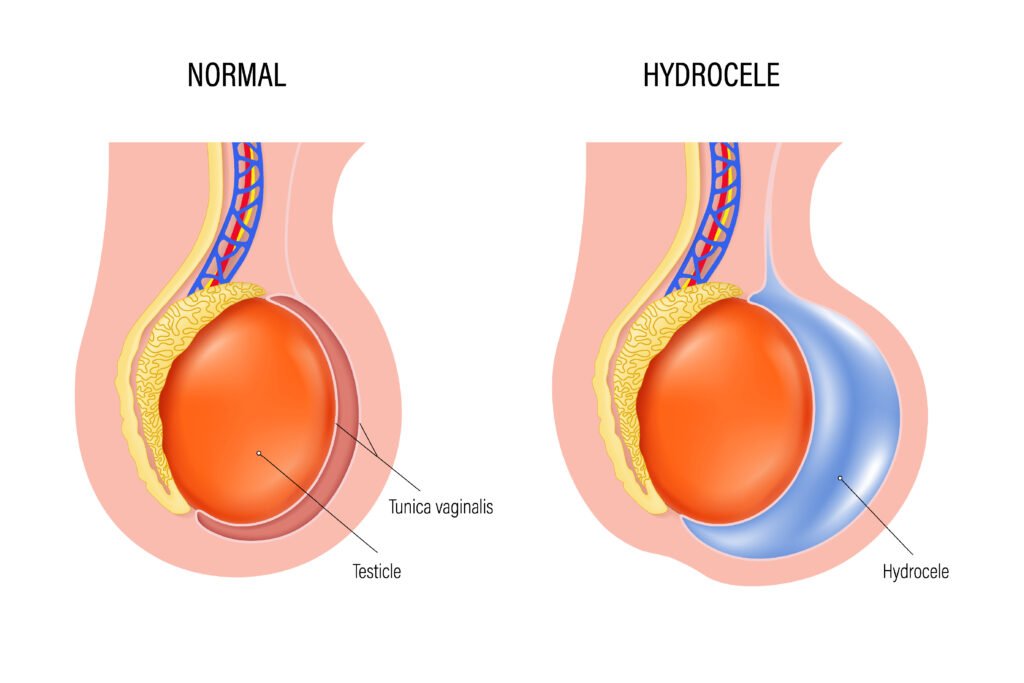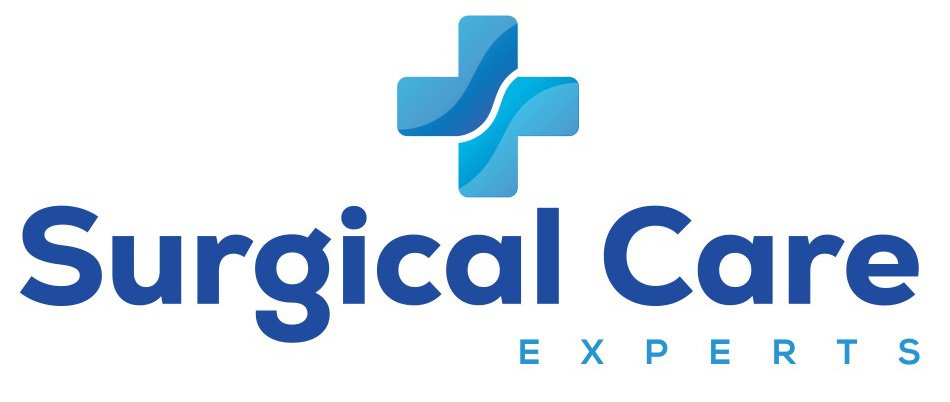About hydrocele treatment.
About hydrocele treatment Surgical Care Experts is your dedicated team for navigating the entire hydrocele treatment process, from initial consultation to post-operative recovery. We understand a hydrocele can be a source of discomfort or concern. Our team of experienced professionals will provide compassionate care and guide you through every step of the way.
Hydrocele:

How is a Hydrocele Diagnosed?
Advantages of End-to-End Care with Surgical Care Experts:
- Experienced Surgeons: Our team consists of highly skilled and board-certified surgeons specializing in hydrocele treatment.
- Personalized Approach: We tailor treatment plans to your specific needs and the severity of your hydrocele.
- Minimally Invasive Procedures: Whenever possible, we utilize minimally invasive procedures for faster recovery times and less discomfort.
- Advanced Technology: We leverage cutting-edge technology for accurate diagnosis and effective treatment.
Supportive Environment: Our team is dedicated to providing you with clear communication and compassionate care throughout your journey.
Symptoms of a Hydrocele:
- Painless swelling in the scrotum (one or both sides)
- Feeling of heaviness or dragging in the scrotum
- Enlarged scrotum that may affect appearance (in some cases)
- Discoloration of the scrotum (rare)
Causes of a Hydrocele:
- In newborns, a hydrocele is often present at birth and usually resolves on its own within the first year.
- In adults, hydroceles can develop due to:
- Injury or inflammation of the scrotum
- Infection
- Inflammation or blockage in the tubes connecting the testicles to the abdomen
When to See a Doctor
Risk Factors:
- Previous scrotal injury or infection
- Certain medical conditions causing inflammation (filariasis)
Complications:
While uncommon, potential complications of a hydrocele or its treatment can include infection, bleeding, and damage to the testicle.
Prevention:
There’s no guaranteed way to prevent hydroceles, but avoiding scrotal injuries and practicing safe sex to minimize infections may help reduce the risk.
Patient Testimonials



FAQ's
Treatment options depend on the size and cause of the hydrocele. We offer procedures like hydrocelectomy (surgical removal of the fluid sac) or aspiration (needle drainage of the fluid).
Recovery time depends on the type of surgery performed. Typically, minimally invasive procedures allow for a quicker return to normal activities.
Hydrocelectomy is a very effective treatment with a low recurrence rate. However, new hydroceles can develop in some cases.


